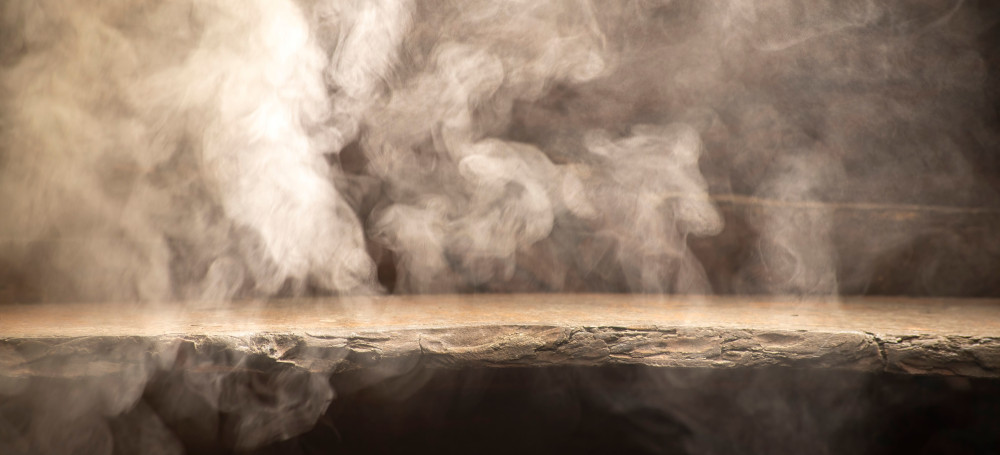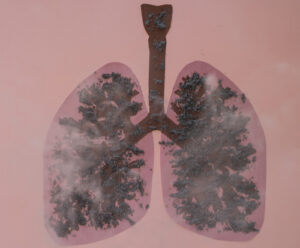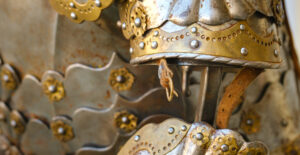
In the towns built around shafts and silos, where sunrise always seems to come with a siren, the miners sleep light. Not because they want to, but because their bodies don’t forget. Underground work rewires you. It makes every noise sound like a warning. Even in rest, there’s an alertness, a readiness, as though the body knows that silence isn’t safety, it’s just the space between collapses. On the surface, people talk about gold as shine, as status, as a symbol. But for the men and women who descend into the belly of South Africa every day, it is none of those things. It is sweat. It is air, if you’re lucky. And for some, it is the slow tightening in the lungs that never quite goes away.
Gold doesn’t just glitter, it sticks. It gets into everything. Skin, nails, bedsheets, even dreams. Ask any miner what gold smells like, and they’ll say ammonia, sweat, diesel, and something else, something metallic and dry that doesn’t leave your throat for hours. When the shift ends, they come home dusted in a fine layer of it. Not the kind of gold people wear on chains or save in safes. This gold is dull and tired. It clings to their bodies the way fatigue clings to their bones. Washing it off isn’t enough. You carry it in your nostrils. You cough it out in the dark.
The places where miners sleep, hostels, shared rooms, backrooms in the township houses they only see on weekends, carry this gold in silence. The walls are papered with calendars from two years ago. The curtains are too thin. There’s always a pot of something on the stove, just to make the air feel less empty. And everywhere, everywhere, is the sound of lungs that whistle when they shouldn’t. They say “silicosis” now, but before there was a word, there was already the knowing. That this work takes more than it gives. That for some, the salary came with a side order of shortening.
 Dreams are strange in mining towns. They aren’t about becoming rich. They’re about leaving whole. A back that still bends. A chest that doesn’t burn. A voice that doesn’t rattle at night. For some, it’s about getting enough to send home so that a child never has to wear overalls and breathe in that air. Gold pays for school uniforms. It fixes roofs. It buys groceries in bulk when the price of maize spikes. But it also costs, time, skin, relationships, and sometimes breath. And that cost isn’t printed on any payslip.
Dreams are strange in mining towns. They aren’t about becoming rich. They’re about leaving whole. A back that still bends. A chest that doesn’t burn. A voice that doesn’t rattle at night. For some, it’s about getting enough to send home so that a child never has to wear overalls and breathe in that air. Gold pays for school uniforms. It fixes roofs. It buys groceries in bulk when the price of maize spikes. But it also costs, time, skin, relationships, and sometimes breath. And that cost isn’t printed on any payslip.
There are graves with no names in some of these towns. Men who came from the Eastern Cape, from Mozambique, from Lesotho, to earn their piece of the shine. Some never made it back. Some never left a body behind to bury. They disappeared into the shafts, into the paperwork, into the silence of compensation cases that never got closed. Their families wait, or stop waiting. The gold stays.
Ask the women who wash the uniforms. They’ll tell you about the dust that never lifts. Ask the children who run around the hostel courtyards, used to the coughs, used to the absences. Ask the men who’ve left the mine but can’t leave the sound of drills echoing in their skulls. They’ll all say the same thing in different ways, the gold is in us. Not as wealth, but as residue.
You don’t wear it. You carry it.
And sometimes, it carries you too far down to come back.



